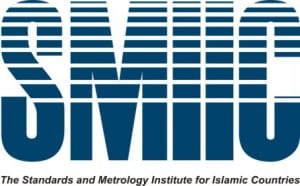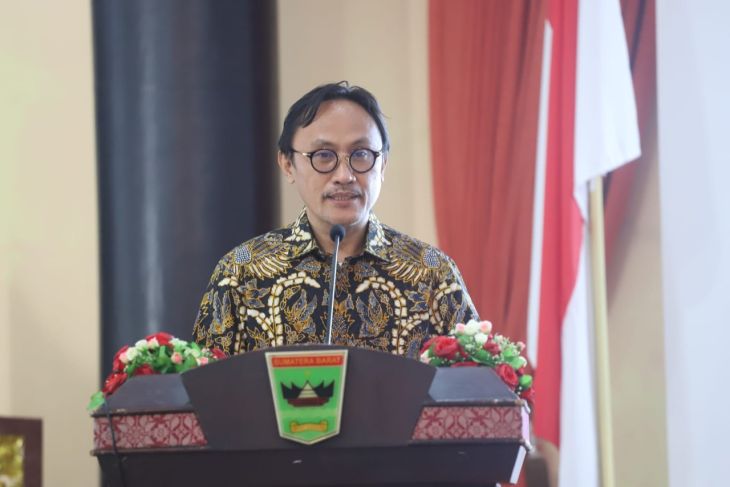Resolution on Halal Status of GM Crops and Foods Adopted at Agri-biotech Workshop for Islamic Scholars
The International Workshop for Islamic Scholars: “Agri-biotechnology: Shariah Compliance” jointly organized by the Malaysian Biotechnology Information Centre (MABIC) and International Halal Integrity Alliance (IHIA) was conducted last 1 to 2 December in Penang, Malaysia. The participants adopted a resolution that accepts GM crops and products as halal should all ingredients used to develop them are from halal sources.
With a focus on alleviating existing food problems and poverty, the International Workshop of Islamic Scholars and Experts in Modern Biotechnolgy on “Agri-biotechnology: Shariah Compliance” agreed upon the following resolutions:
1. Islam and science are complementary and Islam supports beneficial scientific innovations for mankind. Modern biotechnology and genetic engineering are important developments that merit promotion in all OIC Members. Regulatory measures should facilitate the acceptance and use of GM products particularly by Muslims. Genetic modification and GM products are Halal as long as the sources from which they originate are Halal. The only Haram cases are limited to products derived from Haram origin retaining their original characteristics that are not substantially changed.
2. Modern biotechnology and genetic engineering are methods of plant improvement and intrinsically are not different from other plant improvement techniques from the shariah point of view.
3. In ensuring food security, our Islamic obligations require us to urge all Muslim countries, governments, international organizations and research institutions, to support research and development and use of modern biotechnology, genetic engineering and their products.
4. Because of their positive impacts on agriculture and the urgency of food security for Muslim Ummah, promotion of modern biotechnology and genetic engineering are considered “Fardhu Kifayah” (collective obligation) and should not be neglected from the shariah point of view.
5. Public awareness and education on modern biotechnology and genetic engineering, demand continuous interaction between the Islamic scholars, scientists, and the general public.
6. Transparent and complete scientific information should be available for the interested stakeholders for informed decision-making.
The workshop was attended by high-ranking ulamas from Saudi Arabia, Afghanistan, Iran, Malaysia and Indonesia, and scientists from Malaysia, USA, Iran and Egypt. The workshop kicked off with ulama presenting the principles of shariah and concept of halal and followed by scientists presenting the facts of GM technology, its impact to human, animal and environmental safety, and socioeconomic benefits. The resolution was adopted after deliberation between scientists and ulama weighing all aspects of benefits and risks, and the need for the technology in OIC countries that form the bulk of major food importers.
For details on the workshop and for information on biotechnology in Malaysia, contact Mahaletchumy Arujanan of Malaysia Biotechnology Information Center (MABIC) at maha@bic.org.my.



